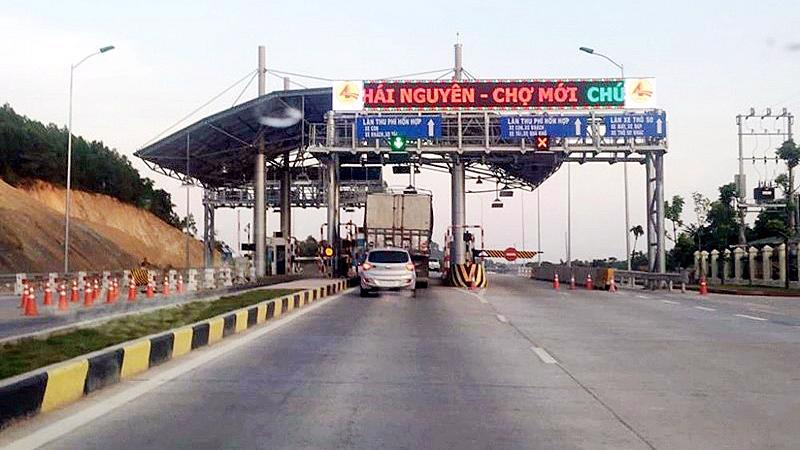Vietnam's government, in a move to raise funds for infrastructure maintenance and development, has issued a new decree authorizing the transfer of toll collection rights on select state-owned roads to private organizations for a maximum term of 10 years.
Decree No. 44/2024/ND-CP clarifies that this transfer mechanism grants private entities the right to manage toll collection in exchange for an agreed-upon sum to the government. The decree delineates that these transactions will be governed by contracts.
The decree explicitly excludes roads vital to national security or defense from the scheme. Additionally, it sets a strict maximum term of 10 years for any toll rights transfer contract. The precise duration would be finalized on a case-by-case basis during negotiations.
Under the decree, relevant ministries or the Provincial People's Committee hold the authority to approve projects involving the transfer of toll collection rights, depending on whether the road asset is under central or local management.
Organizations that acquire toll collection rights have wide latitude to determine exploitation methods and service fees within the confines of the law and the contract. However, they are barred from repurposing, selling, donating, mortgaging, or using the road asset for purposes other than toll collection.
The decree mandates maintenance responsibilities for the acquiring organizations. Additionally, it requires them to pay the transfer fee on schedule or face financial penalties. Annual reporting of revenues and audited financial statements are also stipulated.
The Vietnamese government's decision to allow private involvement in toll collection aligns with a broader trend of governments using asset monetization to bridge funding gaps in infrastructure upkeep.
Nevertheless, the decree's provisions, such as barring secondary transfers of rights, are designed to ensure continued state oversight and limit the potential for exploitation.









 Google translate
Google translate